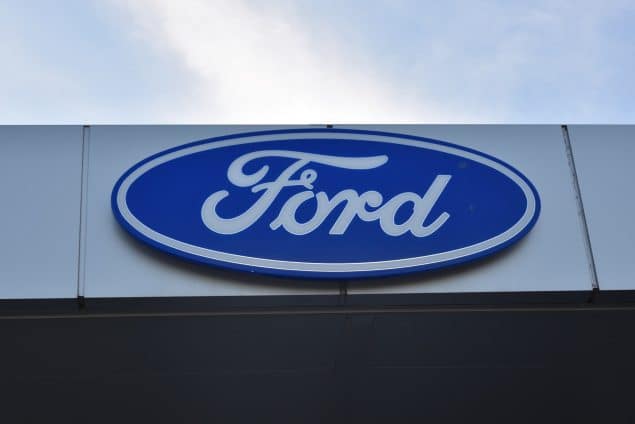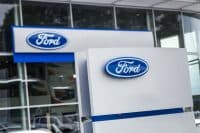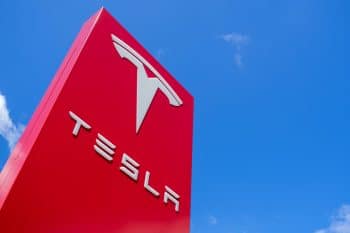Home » Business News • US Employment News » Detroit’s Big Three turn to automation as labor costs rise
Detroit’s Big Three turn to automation as labor costs rise
https://www.whatjobs.com/news/usa/us-employment-news/detroits-big-three-turn-to-automation-as-labor-costs-rise

By Nithya Bose in Business News, posted January 16, 2024

The big three Detroit automakers, Ford, GM, and Stellantis, are adopting automation to stay competitive as labor costs surge.
This comes in response to a record 25 percent wage increase over four years, approved by United Auto Workers with major manufacturers in late 2023.
The unexpected financial impacts mean Detroit executives like Ford's John Lawler are eyeing automation to offset escalating expenses.
Rising labor costs have prompted industry leaders to reevaluate their strategies.
Ford expects an additional $900 in cost per vehicle by the contract's 2028 expiration, with GM estimating a hit of roughly $500 per vehicle during the same period.
Seeking ways to navigate these challenges, automakers are exploring opportunities in automation to enhance efficiency and cut costs.
Tesla's proactive adoption of factory robotization has influenced the industry, pressuring competitors to follow suit.
Tesla executives said the importance of automated equipment to reduce future model production costs by 50 percent.
New battery and electric-vehicle plants are also expected to accelerate the integration of high-tech systems, offering streamlined solutions for the industry.
While robots have been a part of automotive manufacturing since the 1960s, the recent surge in their use is driven by advancements in technology and the need to stay competitive.
Cobots, collaborative robots working alongside human employees, are now common, addressing physically demanding tasks and hard-to-reach spots.
Concerns arise within the industry and the UAW about the potential job displacement caused by increased automation.
Despite varying views on the extent of automation's impact, automakers are likely to introduce robots gradually, replacing retiring workers over time.
Analysts caution that while automation can boost productivity, it may introduce quality issues and incur additional costs for maintenance and programming.
Follow us on X, LinkedIn, and Facebook














